Deck & Commander Strategies
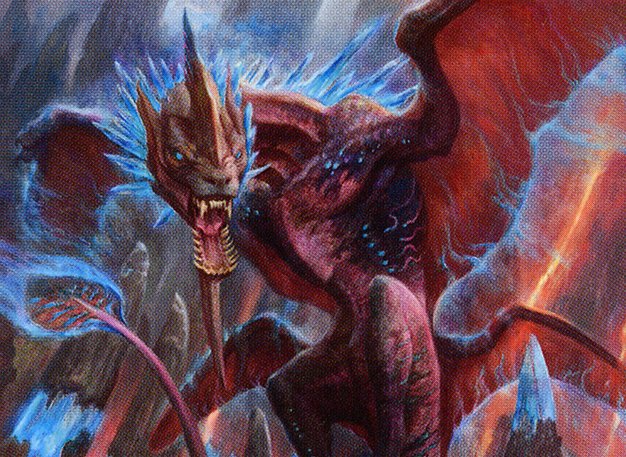
Vadrok, Apex of Thunder
A mutate tribal deck that casts low-cost noncreature spells from the graveyard to generate value and pressure opponents with recurring threats.
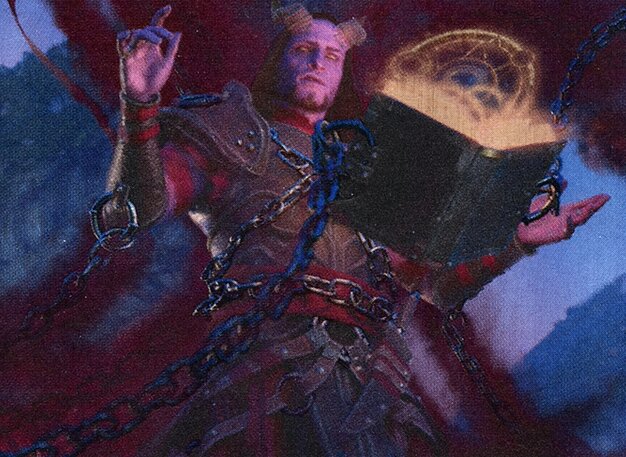
Prosper, Tome-Bound
A treasure and exile synergy deck that casts spells exiled with treasures to generate card advantage and leverage powerful treasure-based interactions.
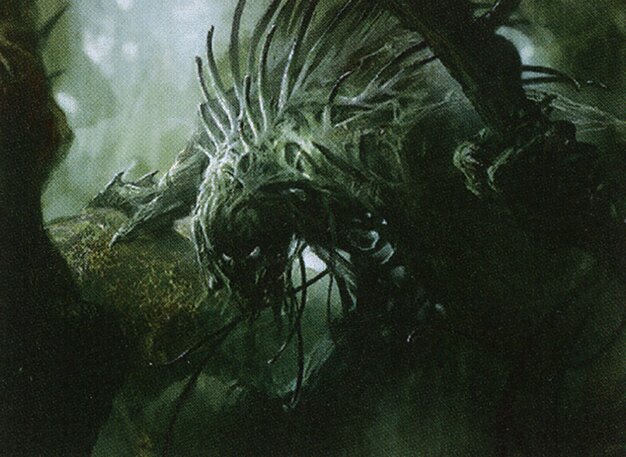
Ghave, Guru of Spores
A fungal token and spore counter combo deck that uses multiple infinite combos to overwhelm opponents and win through massive board states.
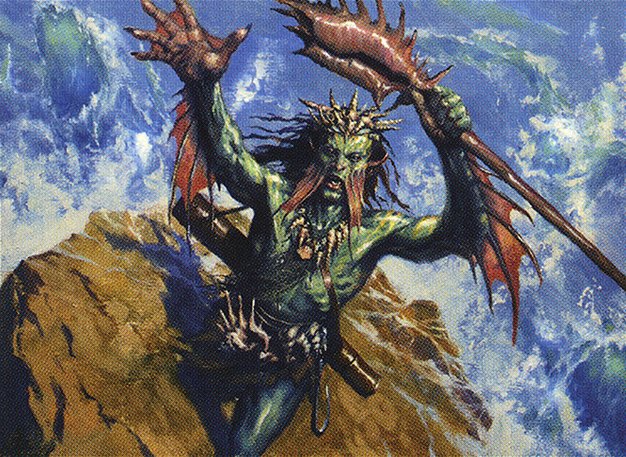
Noyan Dar, Roil Shaper
A spellslinger Azorius deck that animates lands and utilizes unique land-based interactions to control the board and win with land animation synergies.
Gameplay Insights
- 1
Ghave’s infinite combos demanded immediate answers, forcing opponents to balance disruption and advancing their own game plans.
- 2
Prosper’s ability to cast cards exiled with treasures created recurring value that shifted momentum mid-game.
- 3
Vadrok’s mutate mechanic synergized well with graveyard recursion of low-cost spells, providing resilience and continuous threats.
- 4
Noyan Dar’s strategy was slower but rewarded setting up land animation synergies, showcasing a unique and less-explored win condition in Commander.
- 5
The inclusion of Strip Mine as a land disruption tool demonstrated the significance of resource denial even in multiplayer Commander.
Notable Cards
-

Vadrok, Apex of Thunder
-

Prosper, Tome-Bound
-

Ghave, Guru of Spores
-

Noyan Dar, Roil Shaper
-
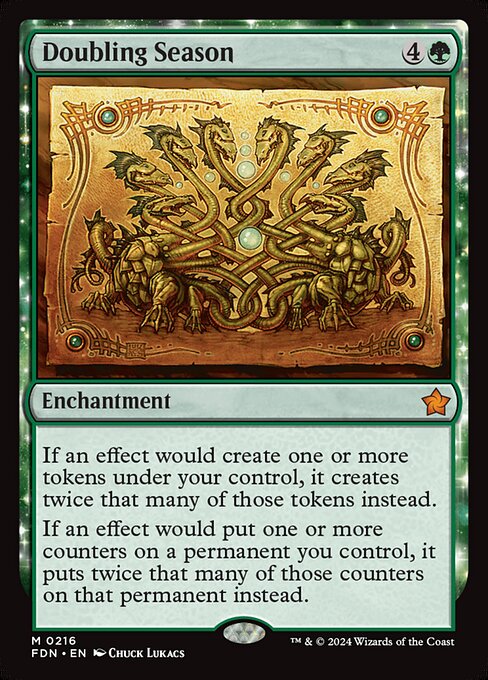
Doubling Season
-

Strip Mine
-

Preordain
Gameplay Summary
The game began with each player piloting very distinct decks that showcased unique strategies.
Vadrok, Apex of Thunder focused on a mutate tribal strategy, leveraging the ability to cast low-cost spells from the graveyard to generate value and threats.
Prosper, Tome-Bound utilized treasure synergies and exile-based spells to fuel powerful plays, capitalizing on his unique ability to cast cards exiled with treasures.
Ghave, Guru of Spores operated a combo-centric fungal token strategy, generating spore counters and utilizing multiple infinite combos to create overwhelming board states.
Meanwhile, Noyan Dar, Roil Shaper played a slower, spellslinger Azorius deck centered around animating lands and controlling the board with unique interactions, aiming to win through creative land animation synergies. Early turns saw careful resource development and interaction, with Prosper quickly establishing strong treasure generation and card advantage.
Ghave built toward his infinite combos, threatening to end the game abruptly if unchecked.
Vadrok applied pressure with mutated creatures and recursive spells, aiming to disrupt opponents while advancing his board.
Noyan Dar focused on setting up his land animation engine, which was slower but promised unique win conditions.
The pivotal moments included Ghave executing infinite combos, forcing opponents to prioritize removing him or face losing quickly.
Prosper’s treasure and exile synergies allowed him to cast impactful spells repeatedly, turning the tide in mid to late game.
Vadrok’s ability to recast spells from graveyard provided resilience, while Noyan Dar tried to leverage animated lands for a surprise win.
Ultimately, the game revolved around managing these escalating threats and combo potential, making interaction and timing the keys to victory.
































![Commander VS S1E5: Noyan Dar vs Zada vs Omnath vs Drana [MTG Multiplayer] thumbnail](https://i.ytimg.com/vi/i4dlYaidQOQ/sddefault.jpg)













